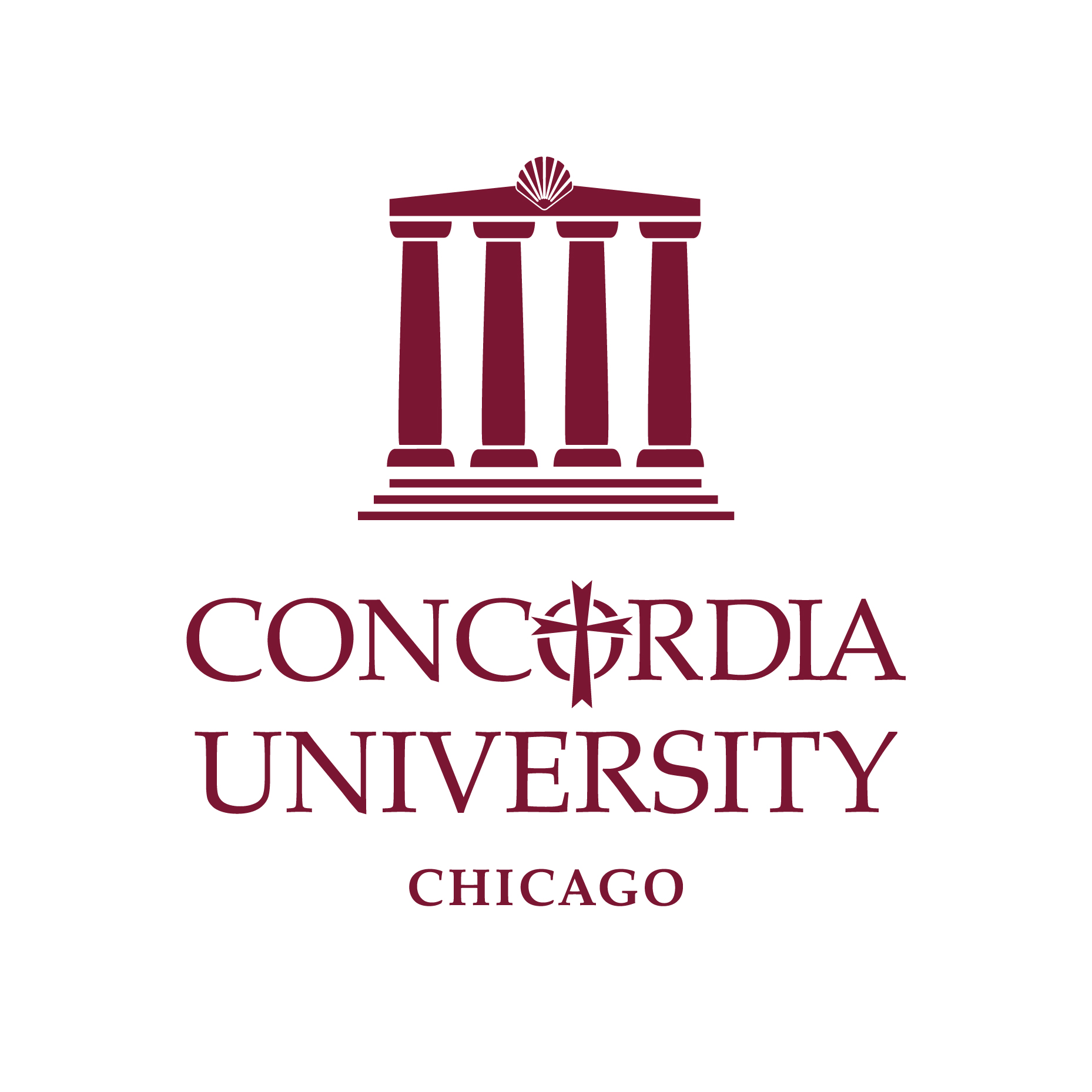Program Requirements
Students must complete the 18 hours of prescribed graduate courses, the six-hour internship, and the 29-hour DCE core as indicated including the master’s capstone experience. Thirty-nine hours must be completed at the graduate level and at least 24 hours must be completed at the 6000 graduate level. In addition, a maximum of 15 graduate level hours from the DCE core may be applied to the 39-hour requirement.
Transferability of coursework toward the DCE core is not limited by the graduate policy on transfer credit; however, the graduate policy on transfer credit does apply to the 39 hours of graduate level courses.
Up to 14 hours of the DCE core may be taken at an undergraduate level. If a student has more than 14 hours of DCE core courses at the undergraduate level, the student needs to substitute graduate-level theology, education, leadership or psychology courses for those hours.
Theology Requirement: To be certified, students must have completed at either an undergraduate- or graduate-level at least one course in each of the four following areas: Old Testament, New Testament, Lutheran doctrine and church history.
Curriculum Track 2
Foundations of DCE Ministry
Parish Teaching I
Principles, organization, materials and practices of teaching the Christian faith to early childhood students through junior high school youth; special attention to Sunday school and confirmation instruction and programs. Students will gain experience in actual teaching situations and in structuring lessons. Field work required. Prerequisite: Parish Education Perspectives or consent of instructor.
Parish Teaching II
Principles, organization, materials and practices of teaching the Christian faith to senior high school youth and adults; special attention to Bible class and small group ministry. Students will gain experience in actual teaching situations and in structuring lessons. Field work required. Prerequisite: Parish Education Perspectives or consent of instructor.
Administration of Parish Education
Basic principles of administration and supervision as they apply to the parish’s education program. Practical implications for organization, operation and evaluation of Sunday school and midweek programs, youth and adult Bible classes, vacation Bible school, small group ministry, preschool and day‐care programs and the recruitment and training of lay teachers. Field work required.
Youth Ministry Theory and Practice
Philosophical and theological foundation underlying youth work in a Christian congregation; emphasis on a relational orientation. Specific skills for parish ministry with junior and senior high school youth. Peer caring, program development and administration, training of adult counselors, planning and leading youth events. Field work required.
Church Leadership and Development
Developing the servant leader role related to the vision, mission and goals of a local congregation’s education and youth ministries.
Counseling Skills
Ministry to the Family
Parish Education Leadership
Practicum in Christian Education
Internship in Christian Education
The internship consists of working full-time in a parish for 12 months. If the student is presently serving in a church, the internship can be taken at that site and be a part of the normal ministry. If student is not serving presently in a parish, an appropriate internship site will be found for the candidate.
Theological Foundations
Select two courses, one that is a Biblical studies course and one course that is either systematic theology, historical theology or religious education.
- The Lutheran Confessions
- Martin Luther
- Spiritual Nurture of the Young Child
- Spiritual Nurture of the Elementary School Age Child
- Spiritual Nurture of the Adolescent
- Religious Education of the Adult
- Theories of Religious Instruction
- Educational Ministry of the Church
- Confirmation Theology and Practice
- Psalms
- Messianic Prophecies
- The Intertestamental Period
- The Parables of Jesus
- New Testament and Early Christian Worship
- The General Epistles
- Baptism and Eucharist
- Early Christian Fathers
- Topics in the History of Christianity
- Studies in Christian Worship: Theology and Music
- The Christian in Society
- Moral, Ethical and Spiritual Development of the Child
- Foundations of Christian Education
- Spiritual Maturity and the Adult Life Cycle
Educational Foundations
Select one:
- Classroom Discipline
- Classroom Teaching Skills
- Development, Implementation, and Evaluation of Early Childhood Curriculum
- Infant and Toddler Programs
- Play Theory in Child Development and Education
- Parent Involvement in ECE
- Advocacy and Children’s Rights
- Curriculum Construction
Capstone Experience
A master’s capstone is required for all master of arts candidates. This culminating project highlights the candidate’s mastery of content throughout his or her studies. Capstones are traditionally a summary of work demonstrating overall growth and specific understandings of the professional standards. The capstone serves as a performance-based evaluation and promotes reflective practice. It also demonstrates the professional’s proficiency in integrating technology and his or her ability to interpret theory into practice.
